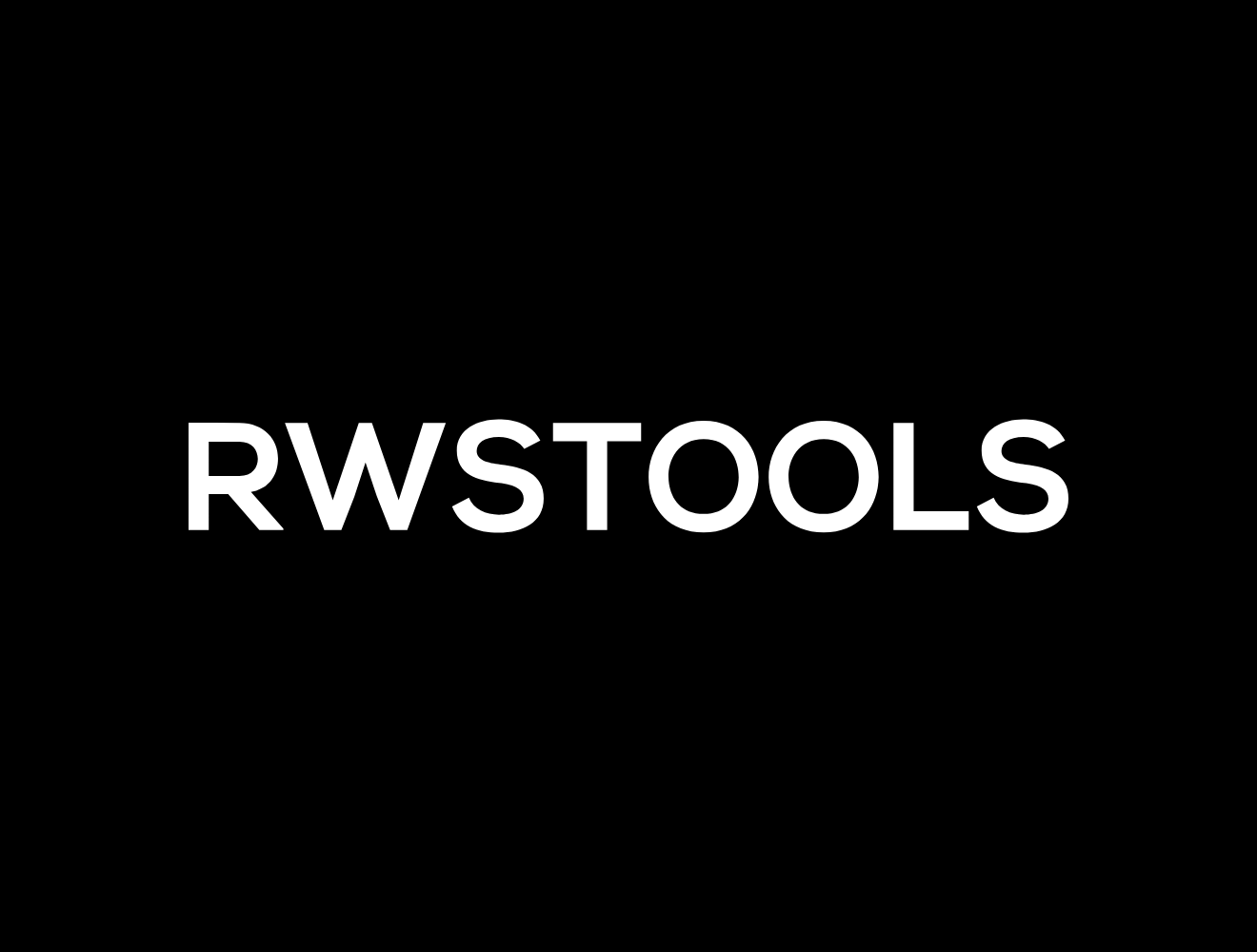
The Future of Web Tools
The Future of Web Tools
Technology has always evolved to make human life easier, faster, and more efficient. In recent years, web tools have transformed the way people work, communicate, and create. These online platforms provide solutions that once required heavy, locally installed software, and they do so with greater speed, accessibility, and affordability. From word counters and image converters to advanced design tools and project management platforms, web-based tools have become an essential part of daily life. But as technology continues to move forward, the future of web tools promises even greater changes. Artificial intelligence, cloud computing, and user-focused innovation are shaping a new era where web tools will be smarter, more personalized, and more integrated than ever before.
From Simple Utilities to Powerful Platforms
In their early days, web tools were simple utilities designed to perform specific tasks such as resizing images, compressing files, or counting words in a text. Today, however, many web tools have evolved into comprehensive platforms capable of handling complex workflows. For example, online design platforms can now rival professional desktop software, while cloud-based office suites allow people to create, edit, and share documents in real time. This transformation from basic functionality to robust platforms shows the potential for web tools to continue expanding, eventually replacing much of the software that once dominated desktops.
The Role of Artificial Intelligence
Artificial intelligence (AI) is set to play a major role in the future of web tools. Already, we see AI powering features such as automatic grammar correction, image recognition, voice-to-text conversion, and intelligent search optimization. In the future, web tools will become even more predictive and personalized. They will be able to analyze user behavior, understand intent, and provide tailored suggestions in real time. For example, a writing tool could not only count words but also suggest improvements in tone, readability, and SEO optimization based on audience preferences. Similarly, design tools could automatically generate layouts and color schemes suited to a user’s specific project. AI will make web tools smarter, faster, and far more intuitive than traditional software.
Cloud Computing and Seamless Accessibility
Cloud computing has already revolutionized how data is stored and shared, and its role in the future of web tools will only grow. Unlike software that is restricted to a single device, cloud-based web tools allow users to access their projects from anywhere in the world with nothing more than an internet connection. As internet speeds increase and 5G becomes more widespread, cloud-powered web tools will provide real-time processing that feels just as fast as working on a local computer. Automatic backup, instant synchronization and cross-device compatibility will make web tools the default choice for professionals, students, and everyday users.
Integration and Collaboration
The future of web tools will also focus heavily on integration. Rather than relying on separate tools for each task, users will expect a connected ecosystem where different tools work together seamlessly. For example, a word counter could integrate directly with a grammar checker, SEO analyzer, and publishing platform, all within the same interface. Collaboration will also become more advanced, allowing multiple users to edit and manage projects simultaneously with real-time updates. In an increasingly globalized and remote-working world, this level of integration and collaboration will make web tools essential for teams of all sizes.
Mobile-First Development
As mobile devices become the primary way people access the internet, web tools will continue shifting toward mobile-first design. This means tools will be optimized for smaller screens without losing functionality, allowing users to perform complex tasks directly from their smart phones. From editing images and creating presentations to managing business workflows, the mobile future of web tools will make productivity possible from anywhere. With features like voice commands, touch-friendly interfaces, and offline modes, mobile-optimized tools will become a standard expectation rather than a luxury.
Security and Trust in Web Tools
As reliance on web tools increases, so will the demand for security and privacy. The future of web tools will include stronger encryption, stricter compliance with international data regulations, and more transparent privacy policies. Users will demand confidence that their personal information, creative work, and professional data are protected. Advanced authentication methods such as biometrics and AI-powered fraud detection will also become standard, ensuring that web tools remain safe for both individuals and businesses.
- AI-powered tools will become smarter and more personalized.
- Cloud access makes tools available anywhere, anytime.
- Collaboration will be faster with real-time editing.
- Mobile-first design will make tools work smoothly on phones.
- Stronger security will protect user data and privacy.
- New tech like AR, VR, and block chain will expand possibilities.
The Impact of Emerging Technologies
Beyond AI and cloud computing, other emerging technologies will shape the future of web tools. Virtual reality (VR) and augmented reality (AR) may soon be integrated into design, training, and communication tools, offering immersive experiences that go far beyond what traditional software can deliver. Block chain technology may also play a role, providing secure ways to track data ownership, digital rights, and online transactions. These innovations will expand the capabilities of web tools and unlock entirely new possibilities for creative and professional work.
Conclusion
In conclusion, the future of web tools is filled with innovation, intelligence, and limitless potential. What began as simple online utilities has now evolved into a powerful ecosystem of cloud-based platforms that rival and even surpass traditional software. With advancements in artificial intelligence, cloud computing, mobile optimization, and emerging technologies, web tools will continue to grow smarter, faster, and more secure. They will not only replace traditional software but also redefine how people work, collaborate, and create in the digital world. For individuals, businesses, and organizations, investing in web tools today is not just about convenience—it is about preparing for a future where web-based solutions will dominate every aspect of productivity and creativity.

